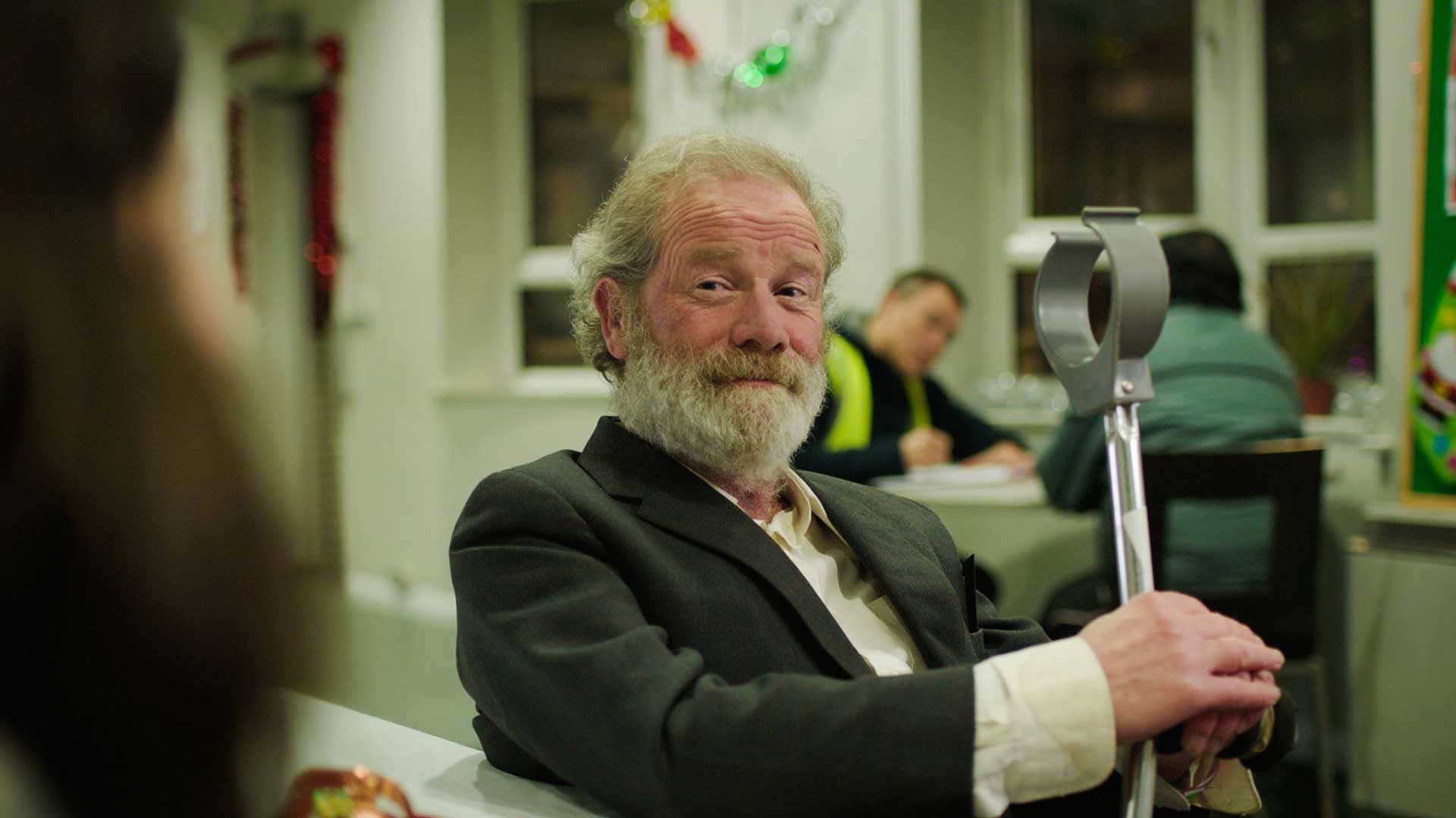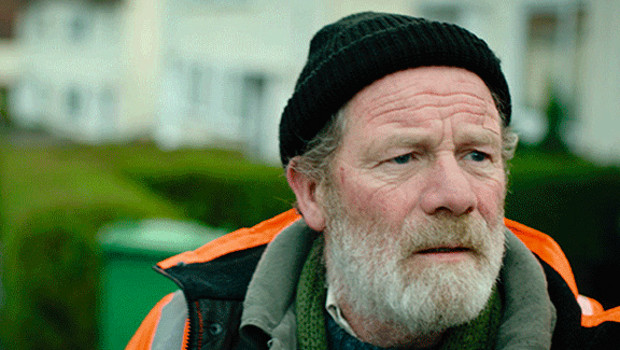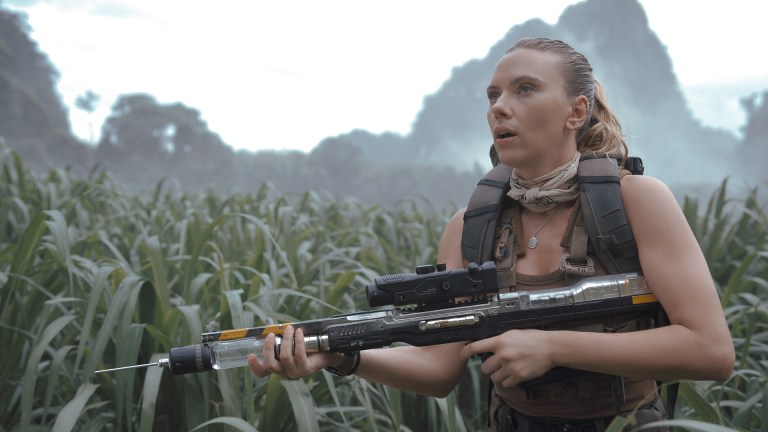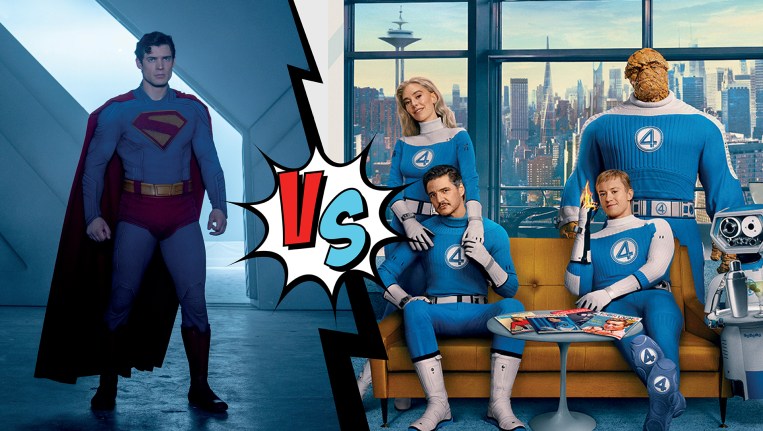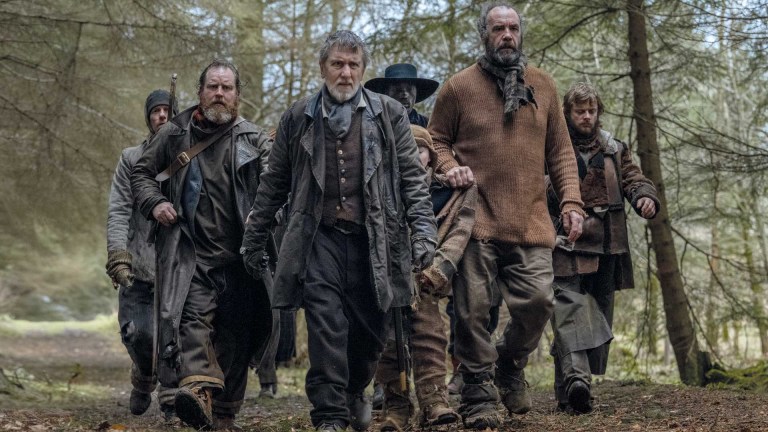He might intersperse his chat with references to Danny (Daniel Day-Lewis), Brenda (Blethyn), Johnny (Hurt) and Bobby (Robert Carlyle), and be on first-name terms with half of Hollywood, but roles in Shallow Grave, Braveheart, Trainspotting and last year’s surprise musical hit Sunshine on Leith confirm his heart remains in Scotland.
Join The Ride Out Recession Alliance
The Ride Out Recession Alliance (RORA) will develop and implement practical steps and solutions to prevent families losing their homes, and help people remain in employment.
Learn MoreWe meet to talk about his latest television role, in BBC Scotland’s adaptation of Iain Banks’ penultimate novel, Stonemouth. Asked why he took the role as a small-town gangster, Mullan answers quickly. “Filming in Scotland. That was the biggie.”
For his first scene, we see him dancing to a musical cartoon exercise video. Unusual behaviour for a gangster? “These guys don’t need to be scary,” says Mullan. “I don’t have to do my scary acting. There is an old adage that when an actor walks on stage as the king, you don’t play the king, the courtiers make the king. It is the same for the gangster.”
Mullan has had plenty of experience of scary individuals, from his teenage years and when he taught drama in borstals and prisons. “I worked with psychopaths and murderers in prisons but the really scary ones on the outside were so different to how you would expect them to be. One was a moneylender with big bottle specs. And I called him a scumbag.
These guys are capable of getting other people to do really unpleasant things
“I was 19, at university, and we were in the bar where I worked. This guy did kill people – he also hung babies over balconies by their ankles, so I never took to him. The way he went, with just a look, ‘do not go any further’. It was one of the few times of my life when I was really scared.
Advertising helps fund Big Issue’s mission to end poverty
“Because these guys are capable of getting other people to do really unpleasant things. That is the big scare. And they are not going to do you in easily.”
Mullan is preparing to follow the well-trodden path to US television. Quarry is a new HBO series about a Marine returning to Memphis from the Vietnam War.
“They asked me to film a three-minute screen test myself, which is the big thing these days,” says Mullan, who will spend eight weeks in Mississippi this summer. “I couldn’t really be arsed but I did half-an-hour with a voice coach and sent them 60 seconds I filmed on my phone.
“The next day I got a call. I expected it to be them saying, ‘Your accent’s pish, how dare you insult us.’ But they offered me the role and asked me to be less Southern! I was on the floor laughing. I’m now going for something more like Bill Clinton, rather than extreme rural Mississippi.
“Accents are so tricky. I don’t know anyone where I can pinpoint exactly where they’re from. My sisters don’t sound like me. They sound more posh. My accent was quite deliberate, I wanted to be in with the boys, in with the gang.”
Advertising helps fund Big Issue’s mission to end poverty
On June 18 the world premiere of a project close to Mullan’s heart takes place at the Edinburgh Film Festival. Hector (pictured above) follows a homeless man making his annual journey from Glasgow to London for Christmas dinner at a shelter, with Mullan in the title role.
“I knew what made the guy tick. I knew what he was running away from and what he was running towards,” says Mullan.
Director Jake Gavin’s film was made with help from The Big Issue, and Mullan is keen to hear what we make of it. Having been to a preview screening, I tell him that it is a special film and that it is vital to tell the stories of people like Hector, who are so often overlooked.
Mullan’s sister worked with homeless people for a long time, and the actor talks at length, and with great empathy, about the issues raised. Filming Hector was tough. Night shoots in Liverpool were a stark reminder why the film – which The Big Issue will cover on its release nearer Christmas – is so important.
To be a refugee on a boat in the middle of the Mediterranean – that is the ultimate form of homelessness
“We were in our sleeping bags, and it was really cold, but we were acting it and then going back to a nice hotel. The four guys around the corner were staying there all fucking night. It was brutal.”
Mullan, a seasoned campaigner who took part in protests against dawn raids to deport asylum seekers in 2005, links the discussion to a current crisis.
Advertising helps fund Big Issue’s mission to end poverty
“To be a refugee on a boat in the middle of the Mediterranean – that is the ultimate form of homelessness, with 500 of you on a boat built for 50. Yet you get scumbags like Katie Hopkins describing them as cockroaches. How that woman can be allowed any kind of platform is beyond me,” he says, his voice rising again.
“I read today that Britain – I don’t like that word, I’m a Scotsman – is in danger of becoming the world’s least compassionate nation. And it grieves me.
“Because if Scotland had our own government, there is no way we would turn our backs on these people. It is yet another reason why the Scots will push for control over our own country and borders. That is becoming inevitable.
“They are only in these boats because of situations we created. We were the ones who moved in on Libya. We are the ones who moved in on Iraq. We helped create this catastrophe. And the idea of rescuing them, but putting them back on the boat to float off elsewhere, is beyond inhumane.”
Mullan relates the situation to his own childhood, and being forced to return to an unsafe environment because of a lack of refuges. “It is a horrible place to be, when a family is trying to get out of a situation. I have been there,” he says. “I remember it from when I was a kid. My mother trying to find somewhere to take me, my mentally handicapped brother, my wee brother and my wee sister. But we’d have to take the long walk back to the house where my father was in the process of wrecking the damn place. We would find a little room, barricade ourselves into it. We were going back to utter madness.”
